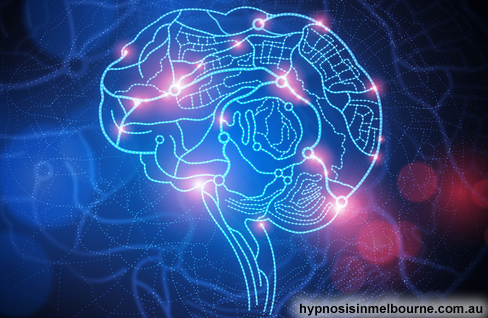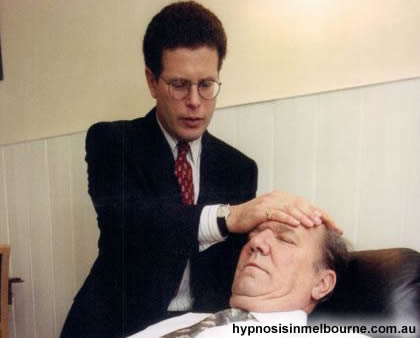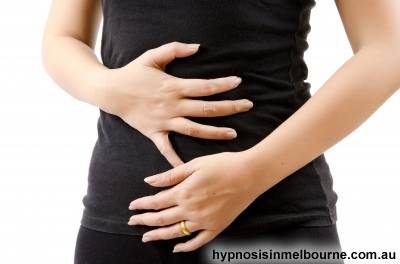Gut-directed group hypnotherapy improved quality of life in patients with IBS
Patients with refractory irritable bowel syndrome indicated better illness-related quality of life after undergoing gut-directed group hypnotherapy in addition to medical treatment in a recent study.
See Also
IBS increased risk for osteoporosis, related fractures …
Depression, anxiety prevalence similarly elevated among …
Eluxadoline safe, effective for patients with IBS-D in phase 2 …
Researchers randomly assigned 100 adult patients with refractory IBS to receive either supportive talks with medical treatment (SMT, controls) or to undergo 10 weekly 45-minute sessions of gut-directed group hypnotherapy (GHT) within 12 weeks, in addition to SMT. Patients’ quality of life was measured via the 26-item IBS impact scale (IBS-IS) before and after intervention, and after 12 months of follow-up. General quality of life, psychological status and changes to individual IBS symptoms also were assessed.
Intervention was performed in 46 GHT cases and 44 controls. More than half (60.8%) of the GHT group experienced improved quality of life compared with 40.9% of SMT controls (P=.046). During 12 months of follow-up, 54.3% of the GHT group had sustained improvement compared with 25% of the SMT group (P=.004).
Severe IBS, as indicated by IBS-IS scores of 4 or lower, was observed in 76.1% of GHT patients and 75% of the SMT group at baseline. After 5 weeks, 71.7% of GHT patients scored greater than 4 (indicating mild-to-moderate IBS) compared with 40% of the SMT group. Changes to IBS-IS were statistically significant over time only for GHT recipients (P=.007). Binary regression analysis incorporating age, sex or IBS type and duration indicated that only GHT intervention was predictive of improvement within the treatment period (OR=2.5, 95% CI, 1.1-5.8).
Both groups experienced reductions in abdominal pain, flatulence and constipation. GHT patients indicated significantly better quality of life via Short Form (36) Health Survey (P=.006) and better physical well being (P=.023), psychological well being (P=.046) and life satisfaction (P=.049) upon treatment completion compared with SMT.
“GHT is highly effective, even in treatment-refractory IBS, and is superior to SMT alone,” the researchers concluded. “Given that IBS drug developments have been disappointing, GHT is a useful and harmless therapy option with no side effects. It can be learned and provided by specialized physicians, psychologists and psychotherapists, and can be made available for more patients with severe and/or refractory IBS in specialized centers.”



